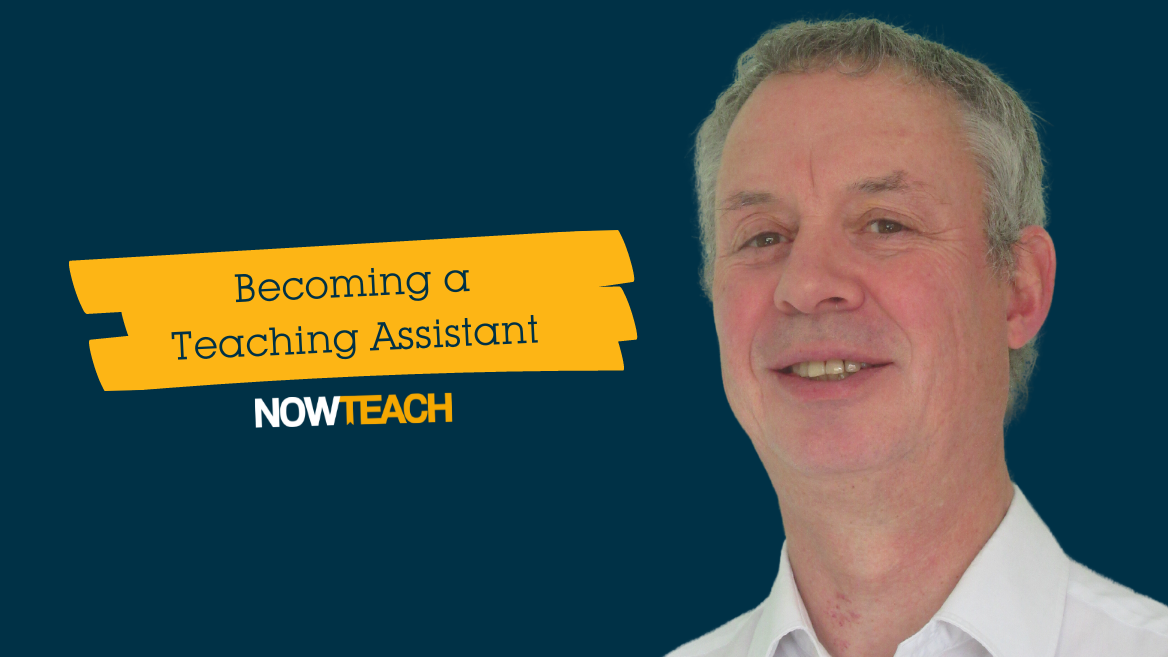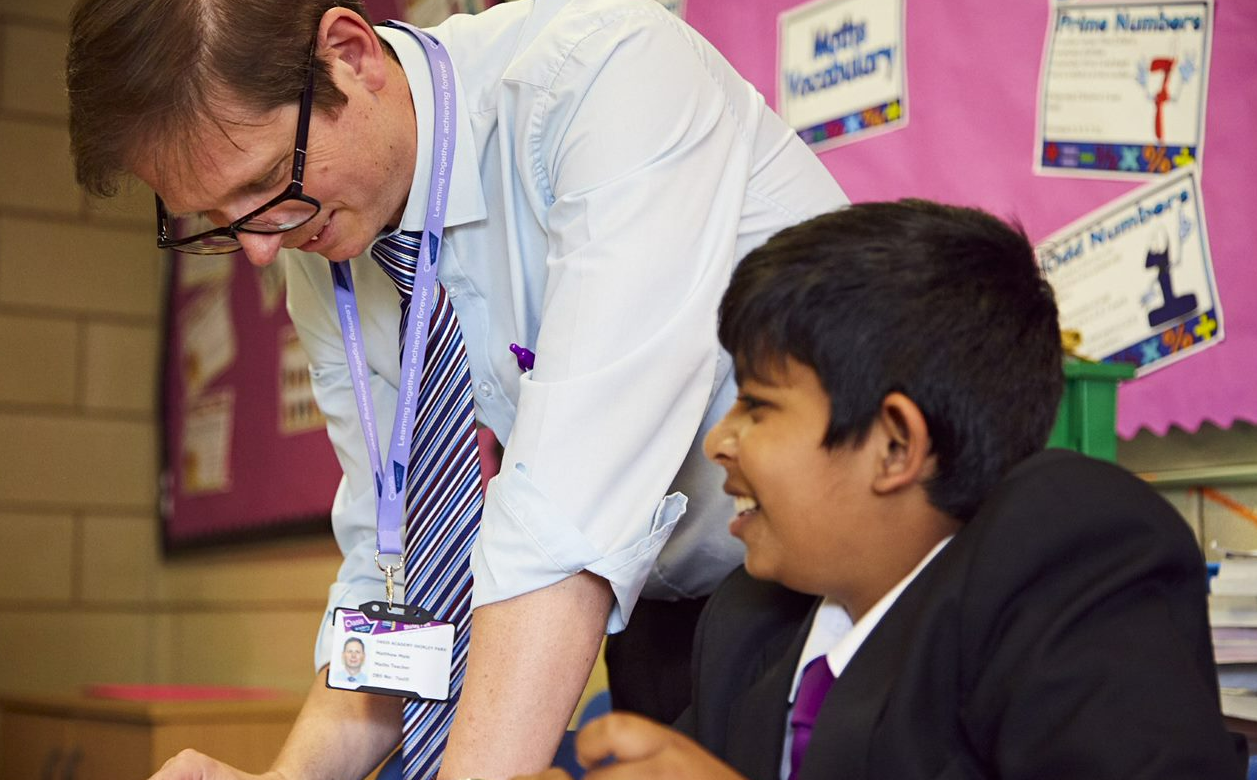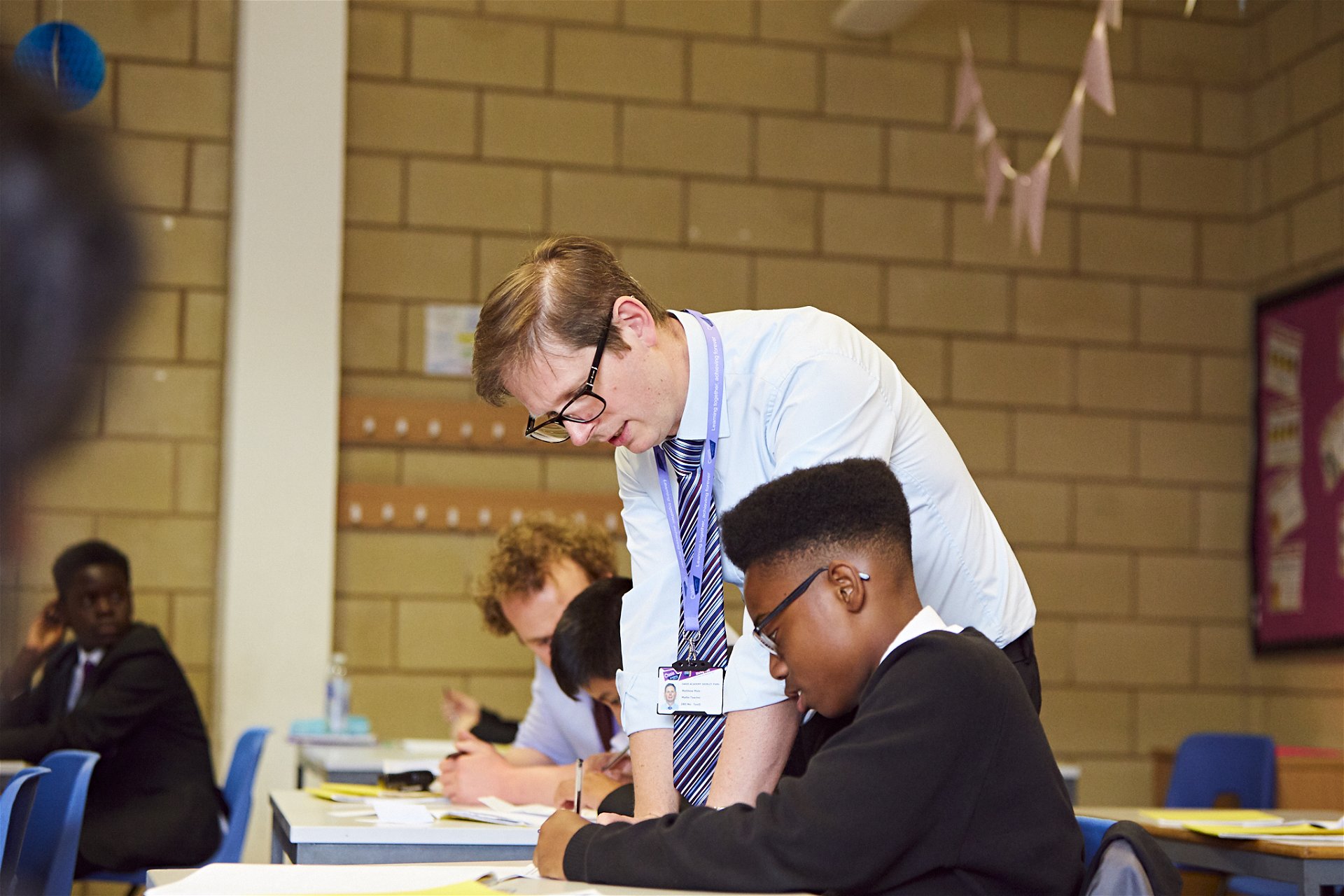The realisation that being a teacher wasn’t for me
Despite being broadly competent and on-track to succeed, I was struggling with many aspects of the PGCE process. The hours I was working to be sufficiently prepared for lessons was way more than I’d expected. I saw more of the University library staff at weekends than I did my wife!
During the Spring term whilst on my second placement I considered withdrawing from teacher training. I couldn’t see how I’d cope with the impending increase in timetabled lessons (and the associated increase in preparation time) whilst still trying to complete the academic assignments.
More significantly though, I realised it was unlikely I would be able to help students the way I desired or have the sort of relationship I previously experienced as a TA.
“My conclusion was that as a teacher, I wouldn’t have sufficient time in lessons to dedicate to individual pupils who needed support – particularly those with special educational needs. As a TA this is fundamentally your role.”
Throughout this difficult period, my Now Teach Programme Manager was always there to listen to my concerns and tales of woe. It’s fair to say she kept me sane. Chloe talked me through my options and was incredibly supportive as I made my decision to cease teacher training.
As luck would have it at this time, there was a vacancy for a TA at a state senior school. I quickly applied and was offered the position. I withdrew from the PGCE course and started as a TA in March 2020. Three years on, I’m still a TA at this school and happy with the decision I made.
The role of a Teaching Assistant
I work 31.5 hours a week – plus several more unpaid (!) - either in lessons or doing interventions with specific pupils outside the classroom and lunch and break duties.
90% of my time is spent supporting teachers in classrooms with the lowest ability sets, and 10% is spent in the Special Needs Department helping individual pupils who are too anxious to be in a classroom, or for whom the school receives funding to provide specific 1:1 support.
Additionally, my role as a TA includes:
- Calming noisy, boisterous or unsettled pupils so they are ready to learn
- Freeing up the teacher by doing basic tasks such as issuing pens, distributing worksheets etc
- Supporting SEN pupils to follow and engage in the lesson
- Reading to or writing notes for students with dyslexia
- Assisting pupils who struggle with academic content
- Accommodating pupils with limited English
- Counselling students who are emotionally stressed, disengaged or disruptive
On occasions, when a teacher is absent or the cover teacher is non-maths confident, I have also taught lessons. I’ve found leading from the front of class – when pupils already know me – produces a better lesson for the students than them just working through (or not!) pre-prepared cover work with limited guidance.
Skills that make a good Teaching Assistant
Patience combined with a healthy chunk of tolerance is key, particularly for two reasons:
- Some pupils will have to go over the same issues time and time again – and they may still struggle. Getting frustrated with the pupil will have a detrimental effect.
- Pupils with behavioural issues and a disinclination to work will make your classroom experience more challenging. The best strategy, I feel, is to not take it personally and to preserve the relationship built up because you’ll see them again tomorrow and you need that connection to still be there.
Relationship building and adapting your approach depending on the pupil is also important:
- For pupils that require 1:1 support, I check in regularly during class and find this contact enables me to form good friendly relationships.
- Students who struggle with behavioural issues are typically more open to assistance from TAs than teachers. I assume this is because the teacher can be perceived as the ‘bad cop’ due to them being responsible for behaviour management and issuing sanctions. They also need to maintain a whole-class perspective which limits their ability to spend significant 1:1 time, so to support the teachers, I make myself available to these students.
My approach to supporting pupils
Most pupils in the low-ability maths classes I support find maths difficult to access and consequently, they can have an inherent dislike of the subject. They tend to have very little confidence and/or resilience and this can result in a tendency to avoid work.
I tackle this by trying to engage them in the issue they are struggling with, persuading them to try doing questions with me, and to make the experience as entertaining as I can.
“My aim when providing support is to encourage them to want to try doing some maths and that means making that process as enjoyable as possible. To me, using humour is vital.”
Another key to keeping pupils academically engaged is making sure they experience some success and feel a sense of achievement, no matter how small that win might be.
“Recognising student’s achievements with praise really boosts their confidence and increases the chance of them seeking help rather than hiding away in a subsequent lesson.”
So, building work up from a low base is necessary and getting them to tell or show you what they can do provides the pupils with the moments when they get stuff right for themselves.
Why I enjoy being a Teaching Assistant
I find children, well-behaved or not, academically able or challenged – all interesting and fun to be with. Being able to help a pupil have academic wins (no matter how small) is a great feeling and always more than makes up for the less good aspects of any day.
“To hear through whatever channel, perhaps even the pupils themselves, that maths is their favourite lesson because I am there to help them is extremely heartwarming.”
To know that there are pupils who trust you enough to speak to you about a variety of issues impacting their lives far removed from maths is very touching.
In summary, I’m pleased I chose to become a TA, as I have somewhat the freedom of time that teachers I suspect don’t really have (due to all their role involves), and I can use this time to nurture the relationships I have with students and impact their academic development in a particular way.
If you’re considering a second career in teaching, we highly recommend getting school experience first.
You can do this by volunteering as a tutor (or teaching assistant like David), and by visiting a school (we can help you arrange this).
Keen to hear more from a career changer? Come to our event!




